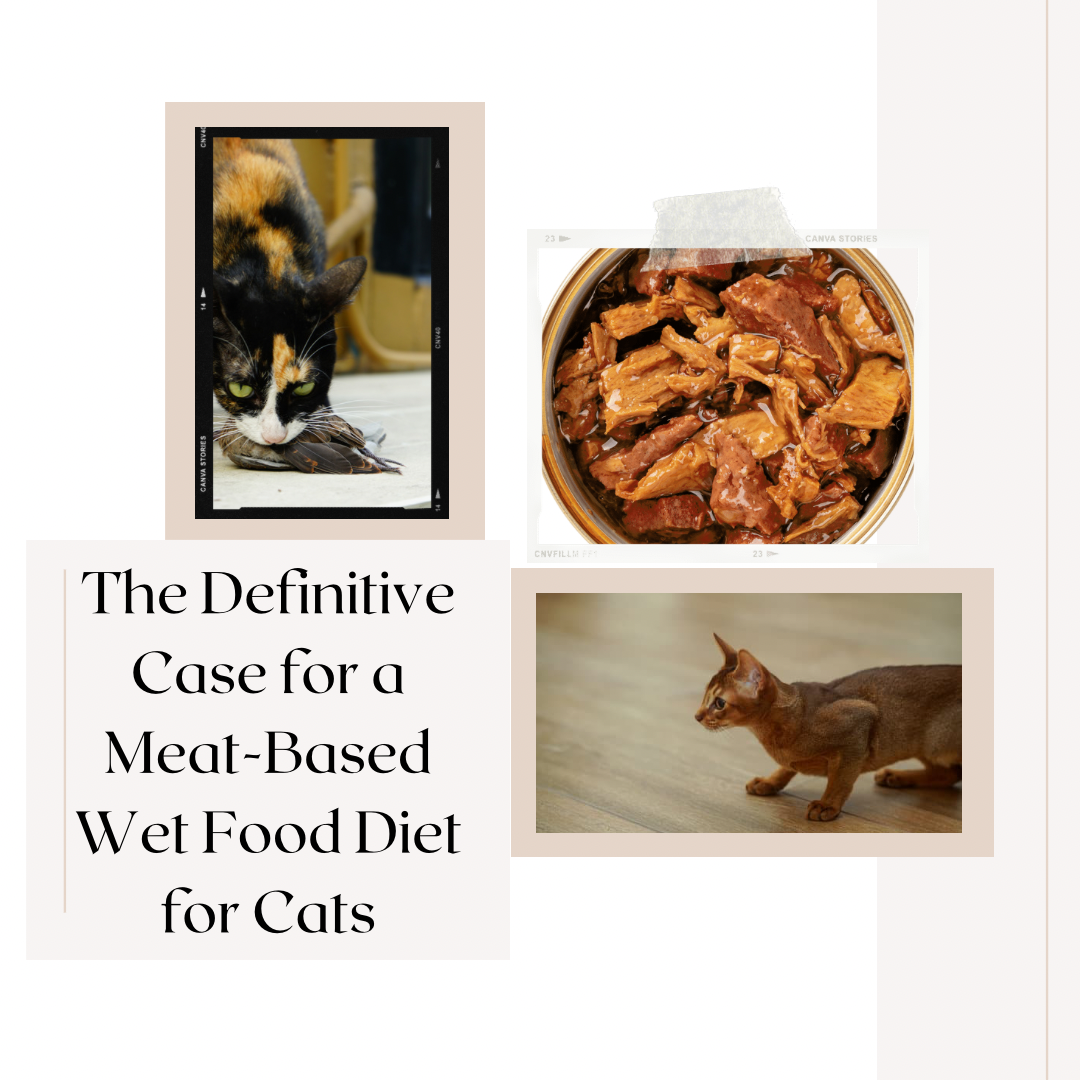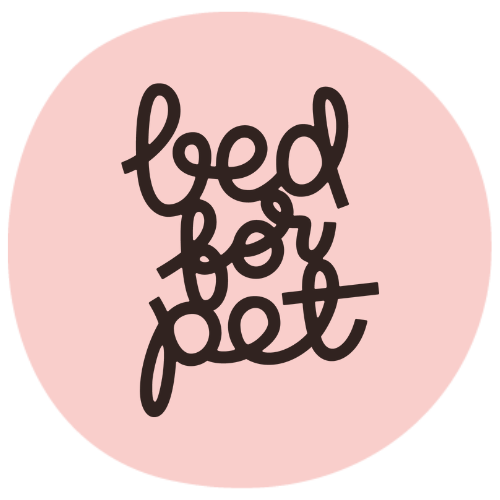Obligate Carnivores
Contrary to what many might think, cats are not simply small dogs. Their dietary requirements are unique and specialized. Cats are obligate carnivores, which means they have evolved to rely primarily on meat for their nutritional needs. In a 2014 study published in the "Journal of Feline Medicine and Surgery," it was concluded that a diet high in animal-based proteins is crucial for cats to obtain certain essential nutrients such as taurine, arachidonic acid, and several vitamins that are found primarily in meat.
Hydration: A Key Concern for Cats
Cats naturally have a low thirst drive (here’s why), which can make it hard for them to stay adequately hydrated, especially when fed a diet primarily consisting of dry food. A study published in "The Journal of Veterinary Science" in 2016 reported that cats consuming a wet food diet take in twice as much total water compared to cats fed dry food. This enhanced water intake is vital in maintaining adequate hydration, promoting renal function, and reducing the risk of urinary tract diseases.
Why a Meat-Based Wet Food Diet Stands Out

Wet food generally provides more animal proteins than kibble, mainly due to processing requirements (dry food requires a certain level of starch for the extrusion process during production). But not all kinds of wet food are equal, some contain a high amount of plant protein, unnecessary fillers and sugars. Here’s our guide on how to choose a high-quality wet food.
A comprehensive 2019 study published in the "Journal of Animal Physiology and Animal Nutrition" found that cats fed a high-moisture, meat-based diet were not only better hydrated but maintained a healthier body weight than cats fed a dry food diet.
Where Does Dry Food Fit In?
While dry food is more convenient and in most cases more affordable, it should not constitute the majority of a cat's diet. Dry food typically contains more carbohydrates and fewer animal-based proteins than wet food, and its low moisture content can contribute to a risk of dehydration. Hence, it is often recommended that dry food should only supplement a primarily wet food diet.
At BedForPet we recommend to find the right balance of wet and dry for your cat. Many owners choose to feed wet food once or twice a day. Some add water to it, which is a great idea for almost any cat.
Remember, each cat is unique. It's always vital to consult with your veterinarian before making significant changes to your cat's diet. With this knowledge in hand, we can make informed decisions about our cats' nutrition, ensuring they lead healthier, happier lives.
All the information on this website is published in good faith and for general information purpose only. BedForPetPrague.org does not make any warranties about the completeness, reliability and accuracy of this information. Any action you take upon the information you find on this website (BedForPetPrague.org), is strictly at your own risk, BedForPetPrague.org will not be liable for any losses and/or damages in connection with the use of our website.

